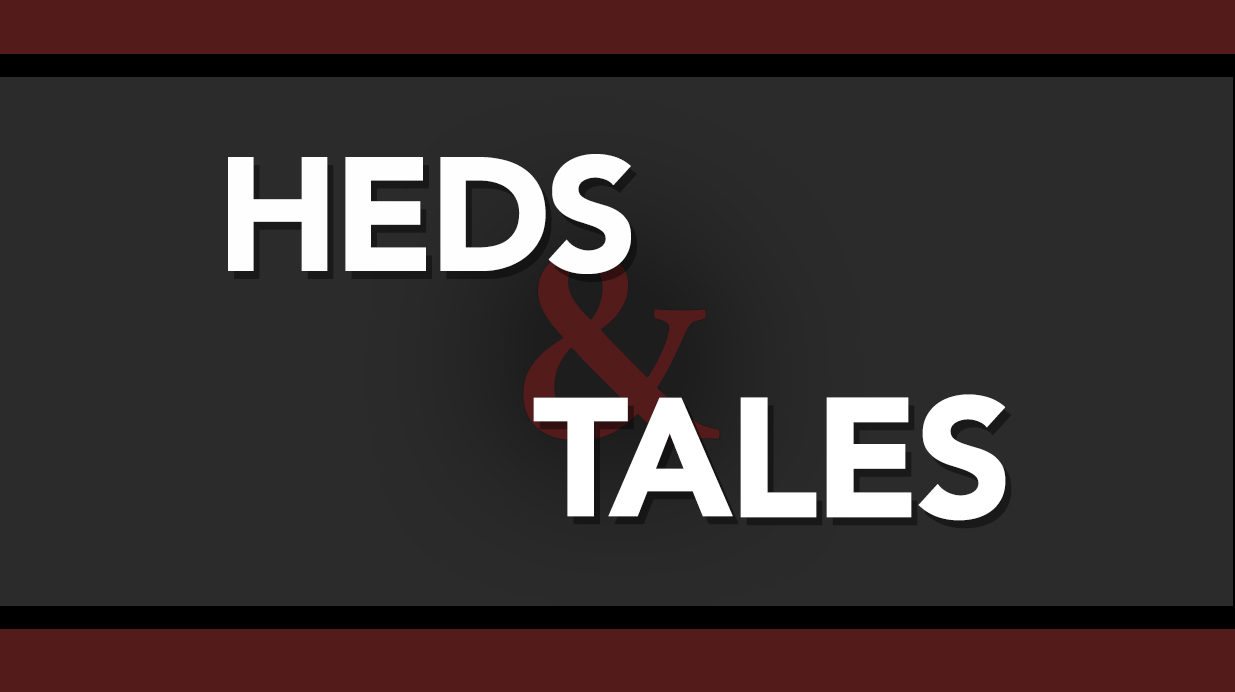
Hed: (n) Newsroom jargon for headlines
Headlines are tricky. They have to grab flighty readers’ attention, tell a story, and hopefully even squeeze in a witticism. The smallest choices affect readers’ first impressions and, sometimes, their only take on the story. Once a week, we analyze the different ways news outlets present the same story.
The Tale
As best anyone can tell—and that is quite the caveat—President Donald Trump woke up last Saturday morning and started to tweet allegations that his predecessor, President Barack Obama, had in some way monitored his communications. This, as commentators are wont to note, is not normal presidential behaviour. Moreover, the sourcing on the claim was far from clear. (By some accounts, the accusation had migrated from talk radio to Breitbart, to the nominal leader of the free world.) In the days that followed, administration spokespeople declined to provide concrete evidence to substantiate the tweeted claims, thereby adding to the confusion.
The Heds
Trump accuses Obama of ordering Trump Tower wiretap (Washington Post)
Did Obama really wiretap Trump Tower? (BBC News)
Trump, Without Evidence, Accuses Obama of Wiretapping Him (Wall Street Journal)
After accusing Obama of wiretapping, Trump tweets about the Apprentice (Axios)
The Take
In a narrow sense, the Post‘s headline is true: Donald Trump really did accuse Barack Obama of ordering a Trump Tower wiretap. (What a time to be alive!) That, of course, is not the whole story. The operative questions facing headline writers here was whether to indicate that Trump’s tweets were not fully tethered to reality and, if so, how.
By using a question, the BBC’s headline at least implied that the allegation was up for debate, and casts more doubt than the Post’s headline. This framing also suggests that there are two sides to the story or an actual question up for debate. That equivalency is not really supported by anything. (This week, like every other week, Betteridge’s Law of Headlines is the real winner in this column.)
The Wall Street Journal takes the most straightforward approach to expressing the factual limitations of Trump’s claim, introducing doubt before the allegation. In terms of damage control, it’s a reasonable tactic. Spare a thought, however, for Axios‘s full embrace of the situation’s absurdity. While its headline does not use the word “lie,” the sheer incongruity of the abrupt transition from conspiracy theories to Apprentice comments captures the essence of the Trump regime. This clearly proves that dadaism will save us all.
As ever, journalism would be much easier if we could just call a lie a lie.